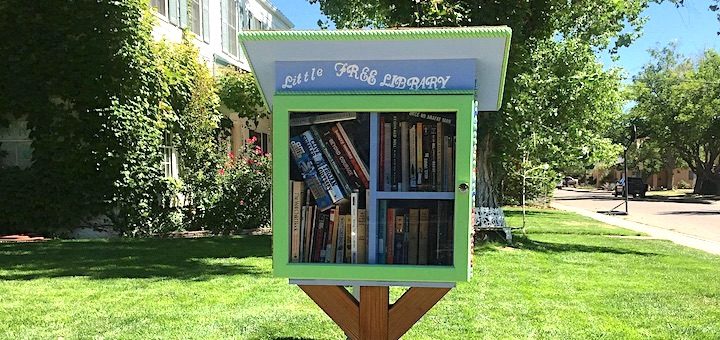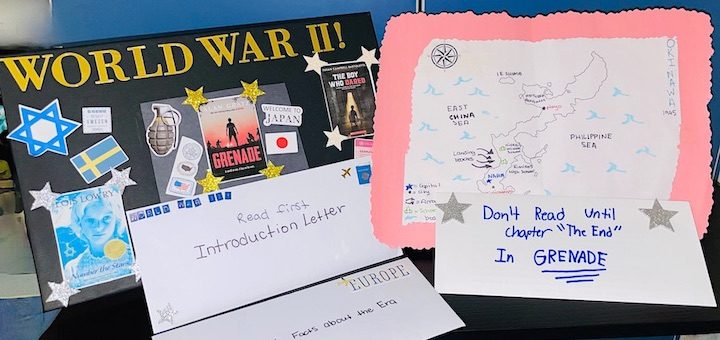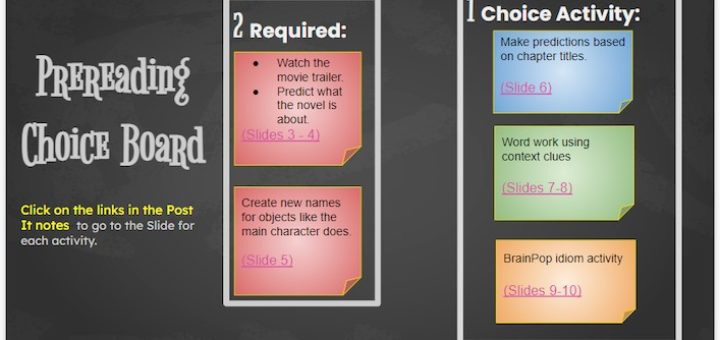Here’s How to Get Kids Talking in Math Class!
We know how to get those same 6 students talking and raising their hand each day. But how do we engage every student in truly explaining their thinking and sharing their math reasoning? Middle grades teacher Mona Iehl shares 3 ways to structure questions that pull them in and keep them talking.


















